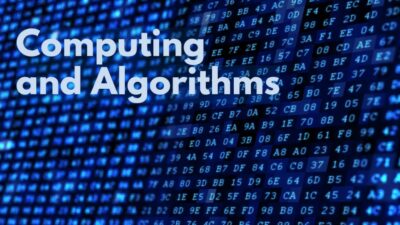The article discusses various theoretical and experimental studies related to quantum physics and fundamental constants, conducted at the Fundamental Constants Data Center. One of the main focuses is the discrepancy in the deduced value of the proton radius from experiments with muonic hydrogen compared to ordinary electronic hydrogen. Researchers have reexamined the theory of muonic hydrogen, particularly the proton polarizability contribution, which is the largest uncertainty. The results suggest that the proton polarizability is not the source of the discrepancy.
Another area of research is the proton-structure effects in muonic hydrogen using a bound-state field-theory approach. The vacuum polarization contribution to muonic atom transitions has also been examined, with a formulation done in coordinate space for extending vacuum polarization calculations to more general cases.
Rydberg states of atoms are considered as potential sources of information on fundamental constants and tests of theory. The largest sources of uncertainty in atomic levels, such as the charge radius of the nucleus and higher-order quantum electrodynamic effects, are greatly diminished in states with angular momentum 2ħ or greater.
The polarizability of helium due to blackbody radiation near room temperature has been calculated, finding that the correction is negligibly small compared to the accuracy of the measurement. This result is in contrast to a previously published calculation that gave a result comparable to the uncertainty of the measurement.
A detailed study of the properties of a photon wave equation and its solutions has been made, considering both classical and quantum solutions of the Maxwell equations. A searchable database of theoretical predictions for precision frequencies in hydrogen and deuterium is available on the NIST Physics Laboratory Website, with calculated values based on a least-squares analysis of the best available theory and experiments.
Source: https://www.nist.gov/programs-projects/quantum-physics-theory
Keywords: proton polarizability, Rydberg states, photon wave functions, fundamental constants, quantum electrodynamics



